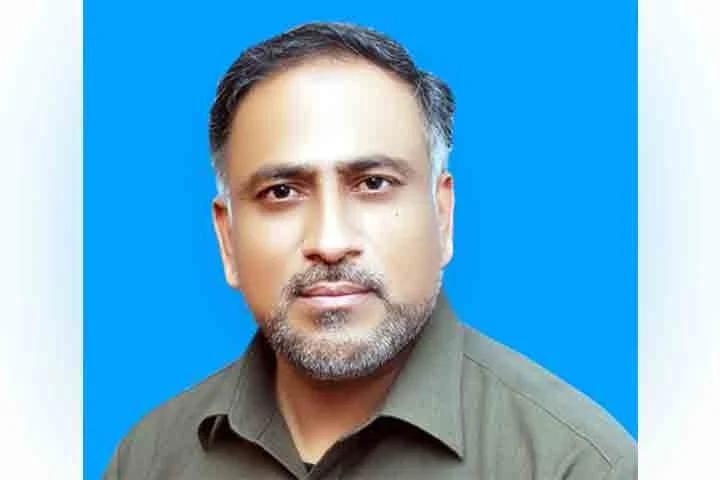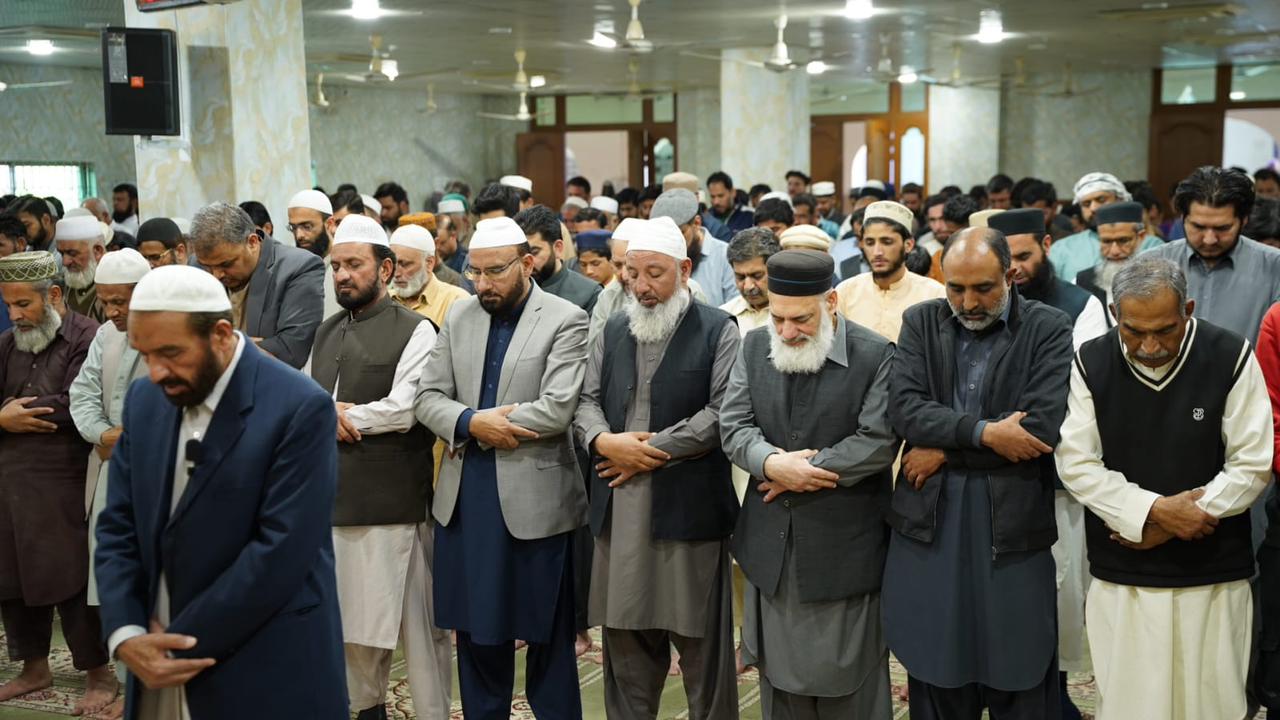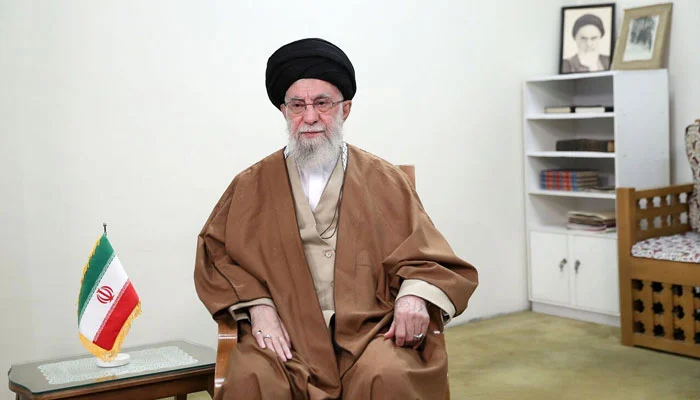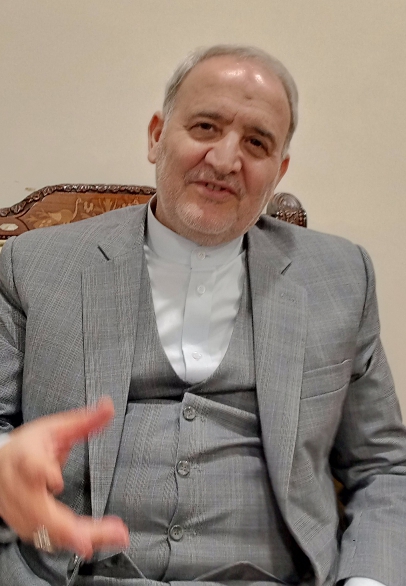Post Views: 166
By: Javed Turabi — October 5, 2025
The Kashmir issue has remained an unresolved dispute since the
partition of the Indian subcontinent. The United Nations has formally
recognized it as a disputed matter and passed several resolutions
affirming the right of self-determination for the people of Jammu and
Kashmir. In this context, the reserved seats for refugees in the Azad
Jammu and Kashmir (AJK) Legislative Assembly are a historical and
international symbol.
When the conflict over Kashmir began in 1947–48 and the freedom
fighters launched their struggle, it was India itself that took the issue to
the United Nations. Subsequently, the UN Security Council adopted
several resolutions, the most significant of which are:
- Resolution 38 (January 17, 1948) – called upon India and
Pakistan to cease hostilities and restore peace. - Resolution 39 (January 20, 1948) – established the United
Nations Commission for India and Pakistan (UNCIP). - Resolution 47 (April 21, 1948) – explicitly stated that the
future of Jammu and Kashmir would be decided through a free and
impartial plebiscite. - Later resolutions in 1950, 1951, and 1957 reaffirmed that
- the people of Kashmir must be allowed to determine their destiny
- through such a vote.
- Although these resolutions have yet to be implemented, it must be
- remembered that the Kashmir issue remains an international dispute
- under UN law. The spirit of those resolutions still lives on, and the
- refugee seats represent that very spirit. They symbolize the fact that a
- large number of Kashmiris were displaced from their homes, and their
- status remains internationally recognized as disputed.
- The purpose of these seats is not merely symbolic representation;
- rather, it is to emphasize that these refugees are guarantors of the
- Kashmiri right to self-determination, and their right to representation
- must be preserved. If these seats were abolished, it would create the
- misleading impression that the refugee issue had been resolved or that
- their representation was no longer necessary—an impression that could
- weaken Kashmir’s historical stance.
- The public demands raised by movements such as the Kashmir People’s
- Action Committee—for affordable electricity, flour, employment,
- reduced privileges, and improved infrastructure—are legitimate and
- must be addressed seriously. Debate and reform on such issues are part
- of the democratic process. However, the committee’s recent 38-point
- charter also includes a demand to abolish the twelve refugee seats.
- While this has been presented under the guise of electoral reform, its
- consequences could directly undermine the core legal and international
- position of Kashmir.
- It is true that reserved seats are sometimes exploited for political
- control or manipulation—allowing federal or other powers to influence
- political outcomes. Such concerns are real and cannot be ignored.
- Nevertheless, if there is evidence of misuse or corruption, the
- democratic way forward is to strengthen the electoral process,
- transparency, delimitation, and oversight institutions—not to abolish
- the seats entirely.
- Issues of electoral malpractice or irregularities can and should be
- addressed through constitutional and judicial means. They cannot serve
- as a justification for abolishing the seats, because doing so would
- damage the international status of Kashmiri refugees.
- The refugee seats are a living testament that these people were forcibly
- displaced, yet their right to vote on Kashmir’s future remains intact. If
- these seats are abolished, the move would directly support India’s
- narrative.
- India, for its part, has reserved 24 symbolic seats in its parliament for
- the territories of Azad Kashmir and Gilgit-Baltistan to project its claim
- of ownership over these regions. Similarly, India has allocated seats for
- Kashmiri Hindu refugees to send a message to the world that it is the
- “protector” of Kashmiri Hindus.
- If Pakistan or Azad Kashmir now remove the refugee seats, it would
- strengthen the Indian position and betray the sacrifices of Kashmiri
- Muslims.
- These seats stand as proof that hundreds of thousands of
Kashmiris were displaced due to India’s occupation and oppression. - Their representation in the Assembly symbolizes the right
to self-determination and the unresolved nature of the Kashmir dispute. - Abolishing them would send a message to the world that the
refugee problem is “settled” or that the sacrifices of Kashmiri martyrs
are being disregarded.
The abolition of refugee seats would be neither just nor prudent unless
all international legal aspects, the representation of the Kashmir
Council, and the historical context are carefully considered.
If corruption or transparency issues exist, they must be resolved
through the following means:
Introduce legal clauses ensuring transparency in elections
or nominations on refugee seats, and enhance the capacity of the
Election Commission and oversight bodies.
Preserve the international perspective by maintaining
references to UN resolutions and the historical background of the issue.
The twelve refugee seats in the Azad Kashmir Assembly are not merely
symbolic; they are historical, constitutional, and international markers.
Their abolition would weaken the Kashmiri right to self-determination
and strengthen the Indian narrative. While other public demands of the
Action Committee deserve consideration, the abolition of refugee seats
would be a dangerous and regressive step—contrary to the political and
historical stance of the Kashmiri people.




